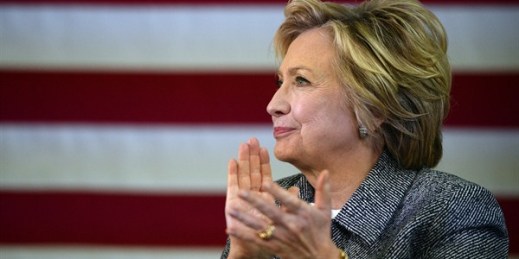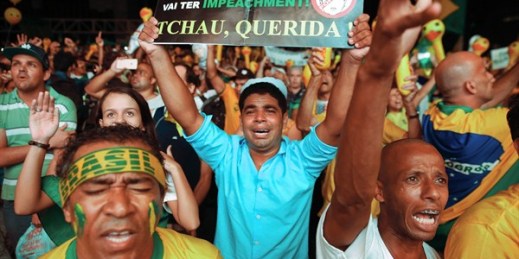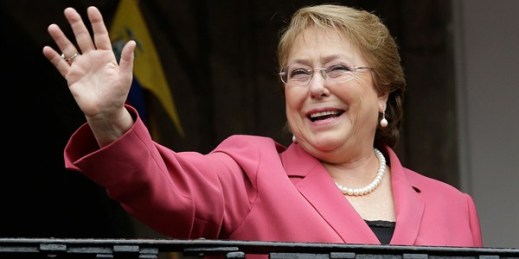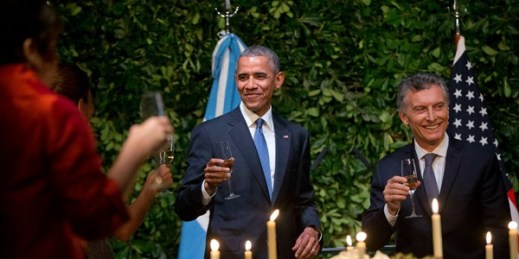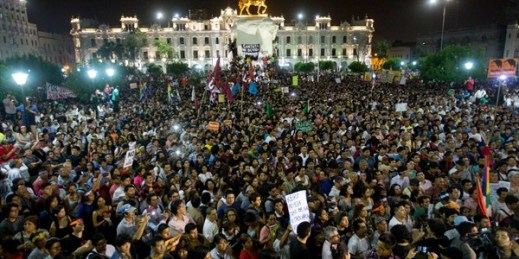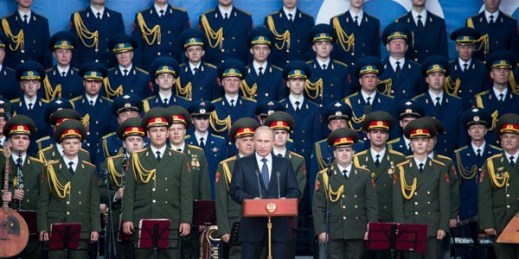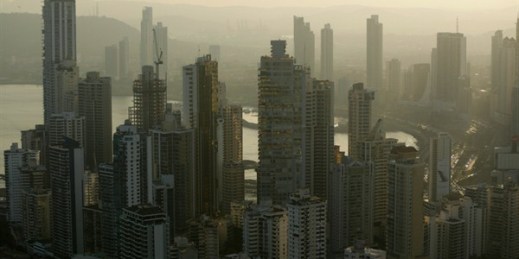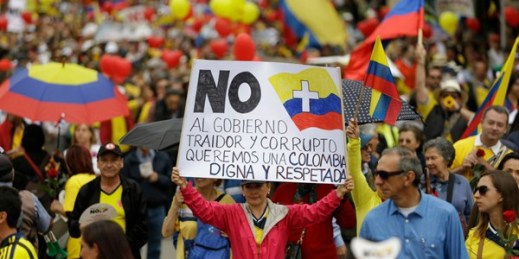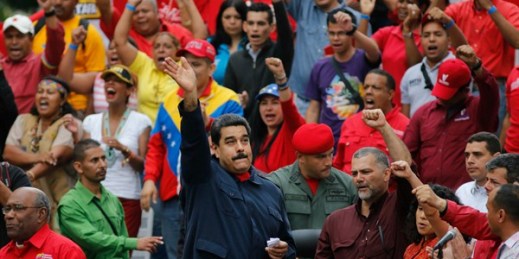
A series of crises at home, including a new plan to ration electricity, are not the only issues facing Venezuela. Abroad, the regional coalition forged by the late Venezuelan President Hugo Chavez is starting to unravel. The ongoing impeachment saga of Brazilian President Dilma Rousseff and the possible departure of her Worker’s Party from power are the latest in a series of developments that has complicated Venezuela’s international relations for Chavez’s successor, Nicolas Maduro. In November, Cristina Fernandez de Kirchner’s chosen successor lost Argentina’s presidential election, ending more than a decade of Kirchnerism, which found common cause with Venezuela’s leftist […]

